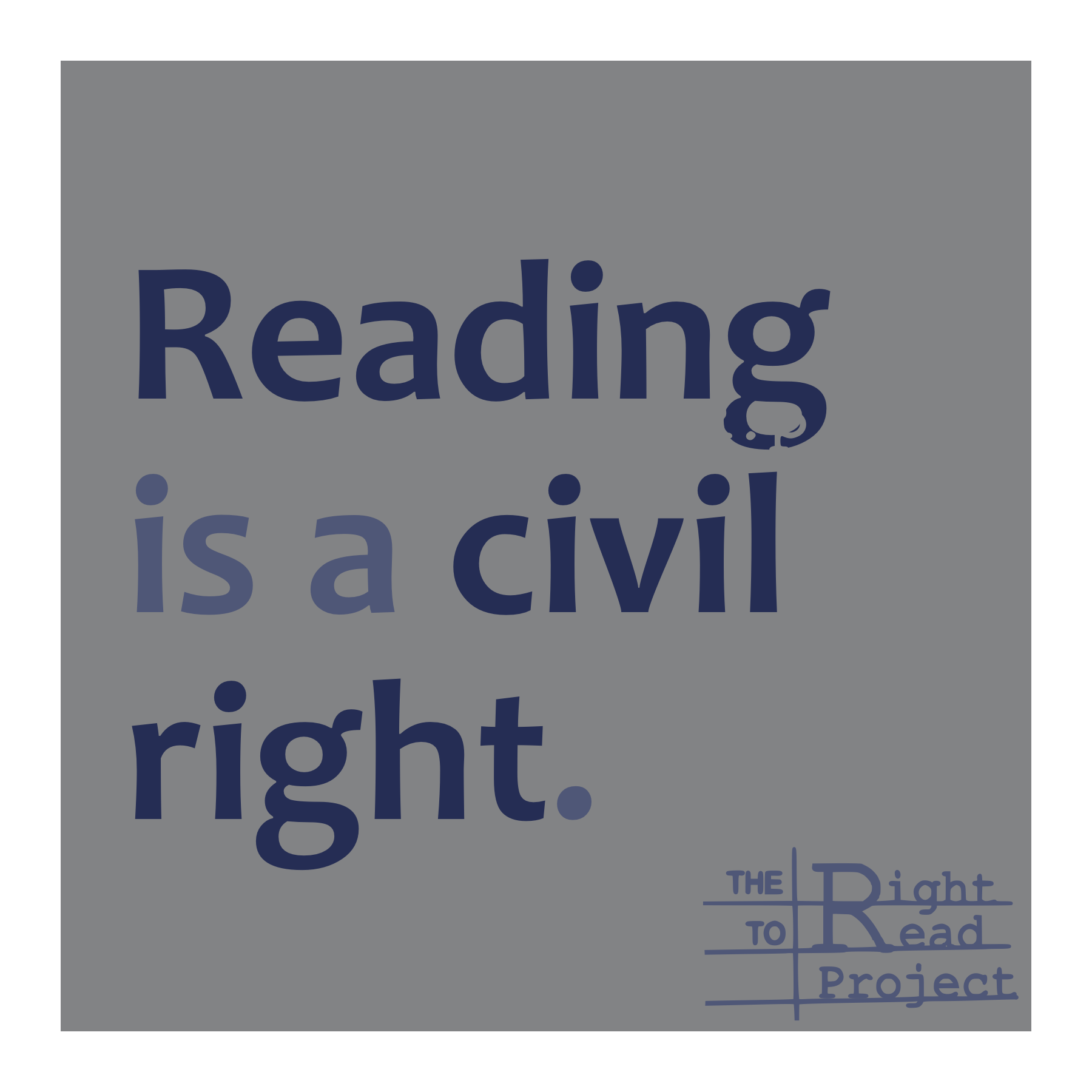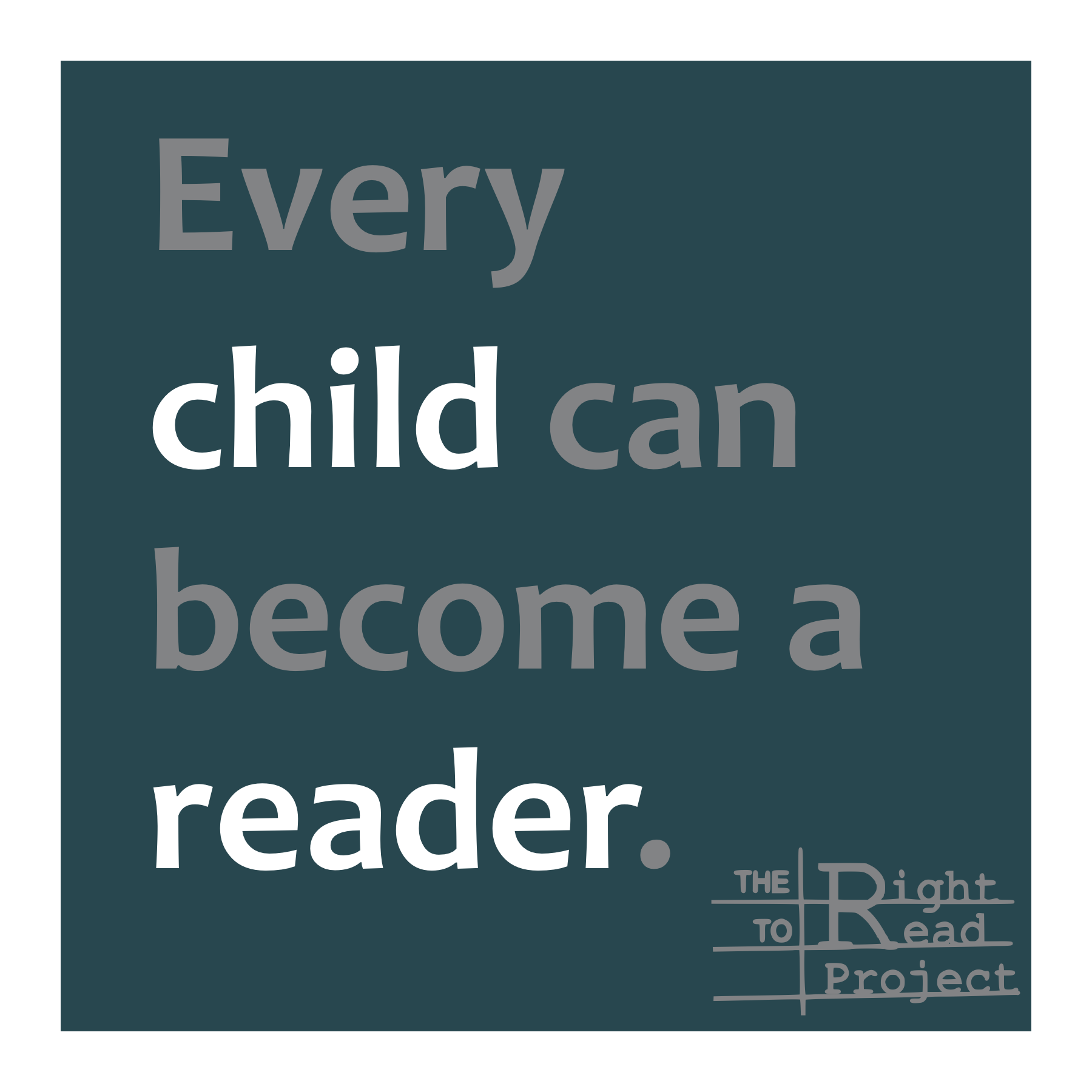Teacher guilt is a compelling topic and it’s found its way into Emily Hanford’s reporting more than once.
In Hard Words:
After learning about the reading science, these teachers were full of regret. “I feel horrible guilt,” said Ibarra, who’s been a teacher for 15 years.
“I thought, ‘All these years, all these students,'” said Bosak, who’s been teaching for 26 years.
To help assuage that guilt, the Bethlehem school district has adopted a motto: “When we know better, we do better.” And soon, they were doing much better.
In discussions about At a Loss for Words this part receives frequent comment:
In reaction to the podcasts, teachers have been sharing their own regrets over missed opportunities for instruction and problematic practices they have shed. The honesty is powerful because it disproves the myth that “good teachers are born” and demonstrates the need for better teacher-preparation and more high-quality on-the-job training. As a literacy coach, teacher, and proponent of evidence-based instruction, I support this movement but I do worry that the focus on shame may backfire if well-meaning advocates use one teacher’s guilt to push change onto others.
I speak only for myself when I say:
Guilt isn’t what changed my teaching.
At the time I was using ineffective techniques for teaching reading, I did not know that is what I was doing. Once I became skilled in a more effective approach and began to see the difference it made for students, that’s when I began to feel guilty. Only when I knew what student success looked like was I able to look back and see the missed opportunities.
Guilt isn’t what drives me to do better.
When a wave of guilt hits me, I run the risk of wallowing. Sometimes I need to sit with the feeling, other times I can shake it off more quickly. Several times I have attempted to write letters of apology to my former students, only to realize how selfish it is for me to burden them with my guilt. They get nothing from me feeling bad, but they may get something from me taking action and delivering the effective instruction I wish I had provided earlier.
Other teachers’ guilt does not help my work.
However, I do empathize! I have spent many coaching sessions, happy hours, and PLCs discussing the feelings of guilt prompted by the 20/20 vision of hindsight. I believe the time has been well-spent because, on the other side of it, I can often support teachers in pushing through to face another day, a better day, of teaching. Some teachers I have helped have become coaches, supporting others. This community is important, but guilt is not a requirement of membership into the club of evidence-based instruction.
Some teachers experience guilt, but are not driven to improve instruction. They may lose their confidence and then avoid the very teaching that would help this year’s students escape a tradition of low performance. Some are frequently absent or they quit (even mid-year).
Other teachers show no signs of guilt and yet they transform their teaching based on new knowledge.
Teacher I Coached: “We’ve been teaching these kids wrong for years…”
Me: “How does that make you feel?”
Teacher: “It makes me feel like we’d better do better tomorrow. Can you show me how to do Heggerty?”
I worry that if advocates believe that teacher guilt is a necessary phase of growth, we will undermine the quest for improved instruction. Guilt may have the power to make us stop doing something, but I don’t believe that it is a good source of long-term motivation. Shame is no rallying cry and leaders of instructional change need to inspire, not cause others to crumble. Teachers deserve to be treated as professionals and crying should not be a requirement.
What might be more effective than promoting teacher guilt and shame?
- Sharing success stories
- Leading by example
- High-quality training
- Ongoing support
It’s important that supporters of instructional change know that teacher-guilt is a frequent, but not required, component of changing practice. Making a teacher feel bad is not part of healthy advocacy. Teaching is exhausting and we need fuel, so give us hope and some guidance and we’ll turn what’s offered into the best instruction we know how to deliver.









How often is it that no matter what school-level staff would like to teach the systematic and explicit phonics that science says is the best practice, staff above the school level will not support the purchase of the decodable texts needed to do support such instruction?
For most districts, isn’t the decision on K-3 reading materials purchased made above the school level?
Sigh. Make that “no matter whether…”